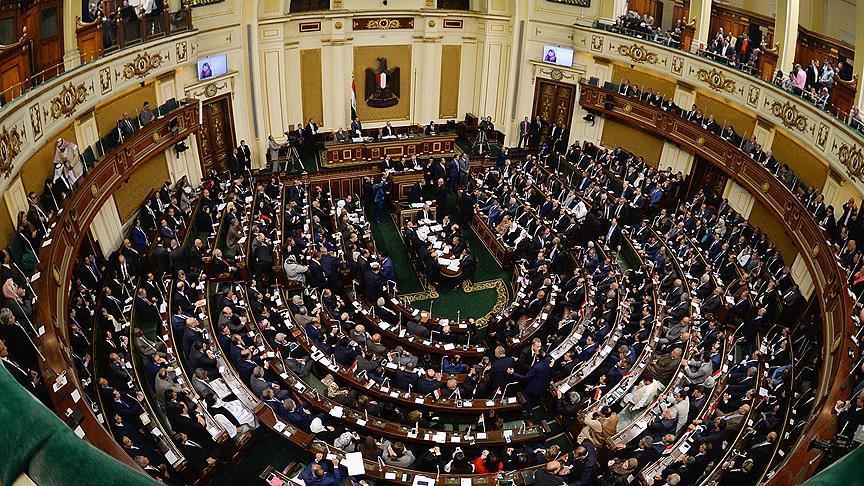The Energy and Environment Committee of the House of Representatives, led by MP Talaat Al-Suwaidi, officially endorsed a government-proposed bill focused on providing incentives for green hydrogen projects and related initiatives on Monday, 25 December.
The proposed law encompasses both tax and non-tax incentives, aligning with Egypt’s commitment to optimize the production, utilization, and export of clean green energy. The emphasis is on establishing projects for the production of green hydrogen and its by-products, such as green ammonia and green fuel.
Article 4 of the law states that the incentive offered is between 33 and 50 percent of the value of the tax paid upon the declaration of income generated directly from the project or its expansions.
The categories of the mentioned incentive and the criteria for granting it will be specified by a decision of the Cabinet after consulting the Ministry of Finance.
Equipment, tools, machinery, devices, raw materials, supplies, and transportation means necessary for green hydrogen projects and their derivatives are exempt from value-added tax (VAT). Moreover, exports of green hydrogen projects and their derivatives are also VAT-exempted.
The goal of the strategy is to position Egypt as a key player in the global low-carbon hydrogen economy, fostering job creation, increasing national income, and mitigating emissions.
Last month, the National Green Hydrogen Council officially sanctioned the National Green Hydrogen Strategy. By targeting a five to eight percent share of the global hydrogen market, Egypt aims to make substantial contributions to reducing carbon dioxide emissions, with a target decrease of 40 million tons annually.
The strategy also envisions ambitious objectives for job creation, aiming to generate 100,000 employment opportunities by 2040. Additionally, it strives to enhance the gross domestic product by USD 10 (EGP 308 billion) to USD 18 billion (EGP 544 billion).
Egypt adopted the Integrated and Sustainable Energy Strategy in 2016, wherein it aims to maximize the contribution of renewable energy in its energy mix to reach 42 percent by 2030.







Comment (1)
[…] Read More […]